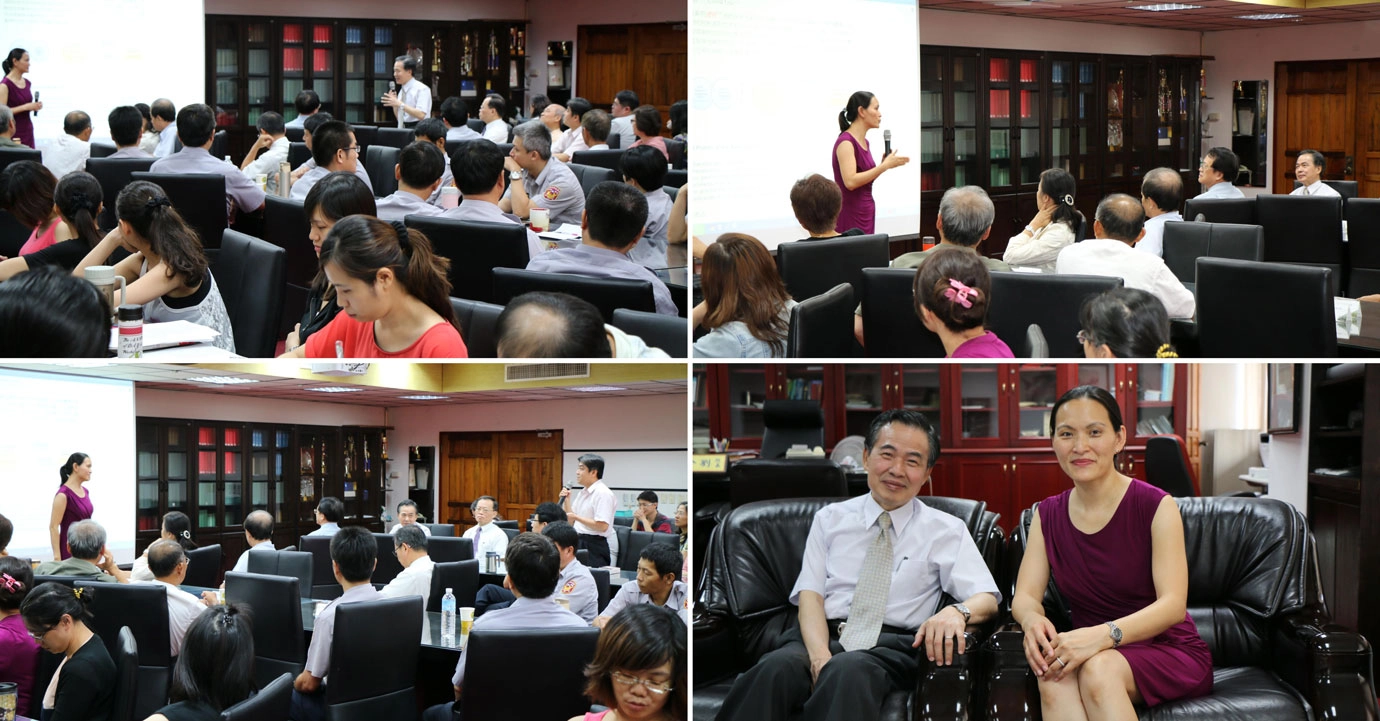China’s International Relations, Legal Reform, & Taiwan†
Table of Contents
- China’s Guiding Cases & Taiwan’s Experience
- The Unique Role of Guiding Cases Will Help Instill Confidence
Estimated Reading Time
- 6 min

U.S. President Joe Biden’s meeting with Chinese President XI Jinping last week has eased the growing tension between the two countries, giving rise to hope that the difficult Taiwan issue will be unlikely to trigger conflict in the near future.
This development is in line with the mainstream stance taken by people in Taiwan. In response to surveys about Taiwan’s future conducted from 1994 to 2022 by the Election Study Center of the National Chengchi University in Taiwan, the majority of respondents have expressed their wish to see Taiwan “maintain [the] status quo, decide [the future] at [a] later date” or “maintain [the] status quo indefinitely”. Respondents holding extreme positions—unification or independence as soon as possible—have been consistently the small minority.
What does this signal to leaders in Beijing? While it is unrealistic to expect that Beijing and Taipei will find common ground in politics in the foreseeable future, much can still be accomplished in the interim if their legal minds share useful experiences with each other. A deeper understanding of each other’s legal system, followed by gradual adoption of useful practices based on their own needs, will hopefully lead to more constructive discussions beyond the law.
China’s Guiding Cases & Taiwan’s Experience
Guiding Cases, China’s de facto binding precedents, provide an excellent example to illustrate what can effectively connect legal minds across the Taiwan Strait to produce potentially impactful outcomes.
“Guiding Cases […] provide an excellent example to illustrate what can effectively connect legal minds across the Taiwan Strait to produce potentially impactful outcomes. “
In 2014, I had the pleasure to share my work on Guiding Cases with a large group of judges in Taiwan. Their strong interest in asking me for details about Guiding Cases and these cases’ subsequent developments reflects their hopes for seeing more positive changes on the mainland.

A commentary written by Judge HUANG Huifang, who served as a judge of the Taiwan Kaohsiung District Court, to compare Guiding Cases with Taiwan’s experiences helps explain her and her colleagues’ interest in Guiding Cases. In the commentary titled Taiwan’s Criminal Case System and the Development Direction of the Guiding Cases System in the People’s Republic of China, which was published by Stanford Law School’s China Guiding Cases Project in 2014 when I was the project’s director, Judge Huang observed:
[…] There are similarities between the content of [Guiding Cases (“GCs”)] released by the Supreme People’s Court and that of Taiwan’s Compilation of Full-Text Precedents of the Supreme Court. In the former, there are “Main Points of the Adjudication”, “Related Legal Rule(s)”, “Results of the Adjudication” and “Reasons for the Adjudication”. In the latter, there are “Main Points of the Precedents”, “Related Legal Rule(s)”, and the “Full Text of the Adjudication” (including the names of the parties, the main text, reasons, and applicable legal rules). The spirit of the precedent lies in the “Main Points of the Adjudication” in the case of the GCs and the “Main Points of the Precedents” in Taiwan’s Supreme Court precedents. They directly convey to the adjudicators the constituent elements of certain laws, the definition of certain nouns used in laws, and/or legal opinions of the cases. In Taiwan, if there are doubts about whether the “Main Points of the Precedents” should be applied, the reasons for the adjudication are the best reference to determine this. […]
[emphasis added]
Judge Huang continued to discuss the differences between Guiding Cases and Taiwan’s Compilation of Full-Text Precedents of the Supreme Court. Praising the Guiding Cases System as “an important development for the People’s Republic of China”, Judge Huang stated that “[t]hrough many years of hard work, Taiwan’s criminal case system[, despite some deficiencies,] has accumulated experience that is worthy of attention by the Supreme People’s Court of the People’s Republic of China”.
The role of Taiwan’s Compilation of Full-Text Precedents of the Supreme Court has changed (for reasons that are beyond the scope of this article) since the establishment of the Grand Chamber system in 2019. This may give the impression that there are fewer similarities for comparison between the two jurisdictions across the Taiwan Strait. Yet, the experience of Taiwan’s Grand Chamber (which plays a strong role in unifying the application of laws in Taiwan) could give the Supreme People’s Court (whose judicial reforms have been driven by, inter alia, the goal of “uniform application of laws”) valuable references for consideration when it is ready to further improve Guiding Cases.
The Unique Role of Guiding Cases Will Help Instill Confidence
Since the first batch of Guiding Cases was released in 2011, the Supreme People’s Court has released 185 Guiding Cases of different types (e.g., intellectual property, contract law, antimonopoly law, etc.) covering a wide range of legal issues. Although other types of cases, such as typical cases released by the Supreme People’s Court and various well-reasoned judgments rendered by provincial high courts, provide Chinese judges with helpful guidance, the fact that only Guiding Cases can be explicitly cited in subsequent cases clearly shows the exceptional importance of Guiding Cases. Tracking the footprints left by Guiding Cases in subsequent cases helps outsiders, including those in Taiwan, see how legal principles and the judiciary in mainland China are gradually evolving.
“Given this unique role of Guiding Cases, the Supreme People’s Court should aim at releasing more Guiding Cases and […].”
Given this unique role of Guiding Cases, the Supreme People’s Court should aim at releasing more Guiding Cases and introducing more measures to encourage their use. When people in Taiwan see the success of Guiding Cases in helping build a more transparent and accountable judiciary on the mainland, they will have a stronger basis to feel closer to the mainland.
† The citation of this article is: Dr. Mei Gechlik, China’s International Relations, Legal Reform, & Taiwan, SINOTALKS.COM, In Brief No. 26, Nov. 23, 2022, https://sinotalks.com/inbrief/legal-reform-taiwan.
The original, English version of this article was edited by Nathan Harpainter. The information and views set out in this article are the responsibility of the author and do not necessarily reflect the work or views of SINOTALKS.COM.





